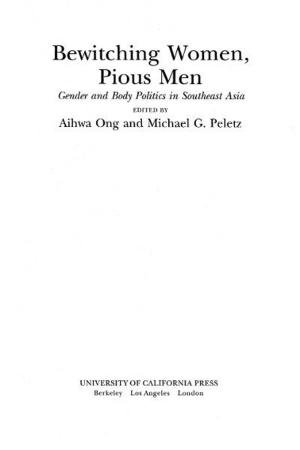Purity, Body, and Self in Early Rabbinic Literature
Nonfiction, Religion & Spirituality, Reference, Antiquities & Archaeology, Judaism, History, Ancient History| Author: | DR. S Mira Balberg | ISBN: | 9780520958210 |
| Publisher: | University of California Press | Publication: | February 15, 2014 |
| Imprint: | University of California Press | Language: | English |
| Author: | DR. S Mira Balberg |
| ISBN: | 9780520958210 |
| Publisher: | University of California Press |
| Publication: | February 15, 2014 |
| Imprint: | University of California Press |
| Language: | English |
This book explores the ways in which the early rabbis reshaped biblical laws of ritual purity and impurity and argues that the rabbis’ new purity discourse generated a unique notion of a bodily self. Focusing on the Mishnah, a Palestinian legal codex compiled around the turn of the third century CE, Mira Balberg shows how the rabbis constructed the processes of contracting, conveying, and managing ritual impurity as ways of negotiating the relations between one’s self and one’s body and, more broadly, the relations between one’s self and one’s human and nonhuman environments.
With their heightened emphasis on subjectivity, consciousness, and self-reflection, the rabbis reinvented biblically inherited language and practices in a way that resonated with central cultural concerns and intellectual commitments of the Greco-Roman Mediterranean world. Purity, Body, and Self in Early Rabbinic Literature adds a new dimension to the study of practices of self-making in antiquity by suggesting that not only philosophical exercises but also legal paradigms functioned as sites through which the self was shaped and improved.
This book explores the ways in which the early rabbis reshaped biblical laws of ritual purity and impurity and argues that the rabbis’ new purity discourse generated a unique notion of a bodily self. Focusing on the Mishnah, a Palestinian legal codex compiled around the turn of the third century CE, Mira Balberg shows how the rabbis constructed the processes of contracting, conveying, and managing ritual impurity as ways of negotiating the relations between one’s self and one’s body and, more broadly, the relations between one’s self and one’s human and nonhuman environments.
With their heightened emphasis on subjectivity, consciousness, and self-reflection, the rabbis reinvented biblically inherited language and practices in a way that resonated with central cultural concerns and intellectual commitments of the Greco-Roman Mediterranean world. Purity, Body, and Self in Early Rabbinic Literature adds a new dimension to the study of practices of self-making in antiquity by suggesting that not only philosophical exercises but also legal paradigms functioned as sites through which the self was shaped and improved.















